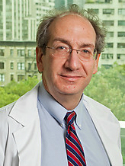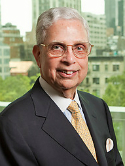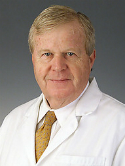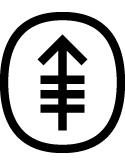| Abstract: |
Objectives To assess the pathological staging and biochemical progression-free survival (assessed using serum prostate-specific antigen level) of patients with clinically localized prostate cancer using neoadjuvant androgen deprivation therapy (ADT) in combination with radical retropubic prostatectomy (RRP). Patients and methods A prospective study was carried out on 69 patients with localized prostate cancer who were enrolled in a trial of 3 months of ADT followed by RRP (group 1). These patients were compared with 72 patients matched for age and clinical stage who declined ADT therapy and had RRP concurrently (group 2). Assignment to the individual treatment groups was thus determined by the patient's preference and not the physician's selection. Pathological staging and biochemical progression-free recurrence were compared between the groups. Results The rate of organ-confined (pT2) tumours was 74% in group 1 and 49% in group 2 (P 0.01), and the rate of margin-negative tumours was 87% in group 1 and 64% in group 2 (P<0.01). Within a median follow-up of 35 months, there was no significant difference in biochemical failure between the groups (P = 0.37). Patients with pT2 disease, regardless of treatment, had similar biochemical failure rates. In the patients with margin-positive disease, there was a significantly higher biochemical failure rate in group 1 (P = 0.02). Conclusions The rates of organ- and specimen-confined disease were higher among the patients treated with ADT. The preliminary follow-up suggested that patients with pT2 disease after ADT have a biochemical progression-free recurrence rate similar to pT2 patients treated with RRP alone. Additionally, high biochemical failure rates in patients with marginpositive disease after ADT may identify a subset of more biologically aggressive tumours in need of early adjuvant treatment. © 1997 British Journal of Urology. |











